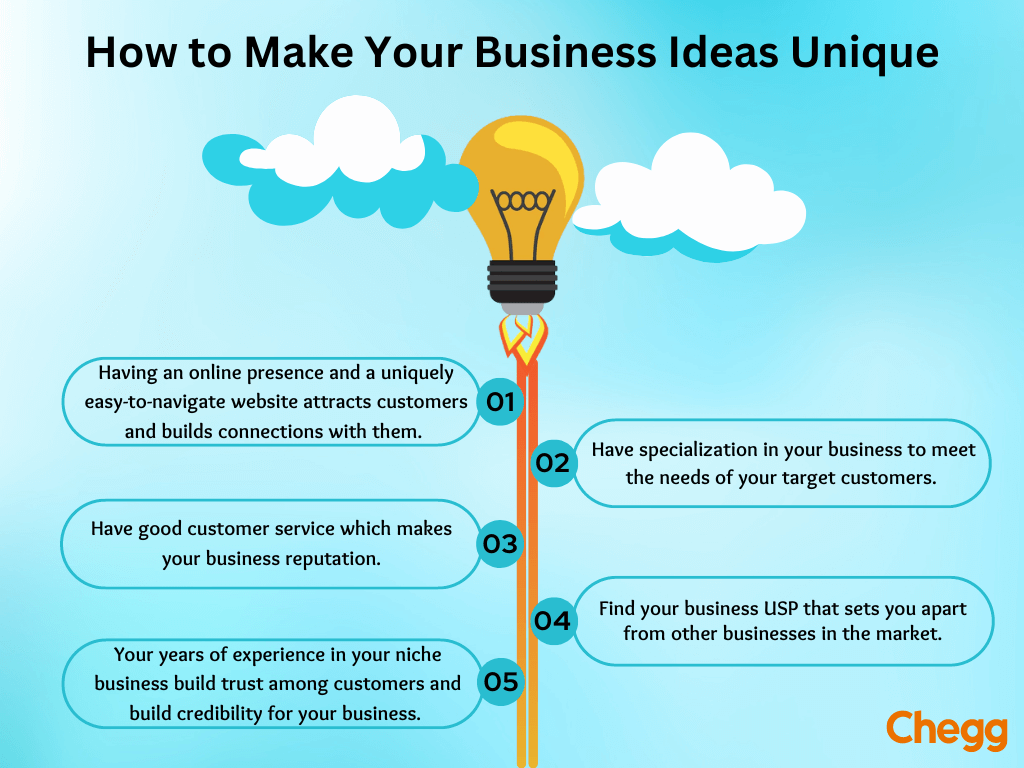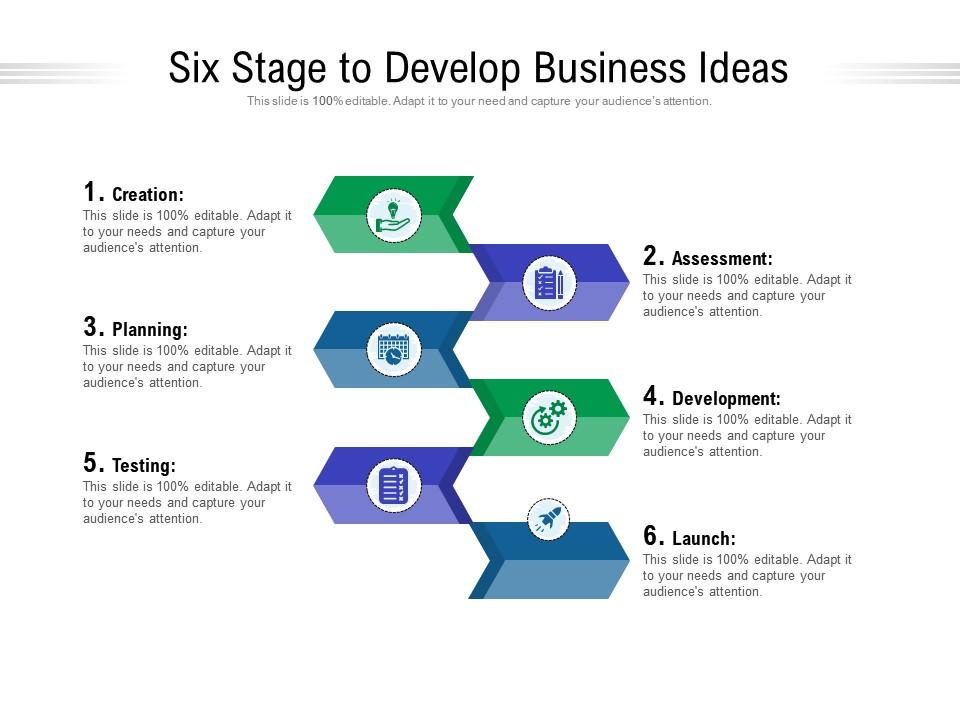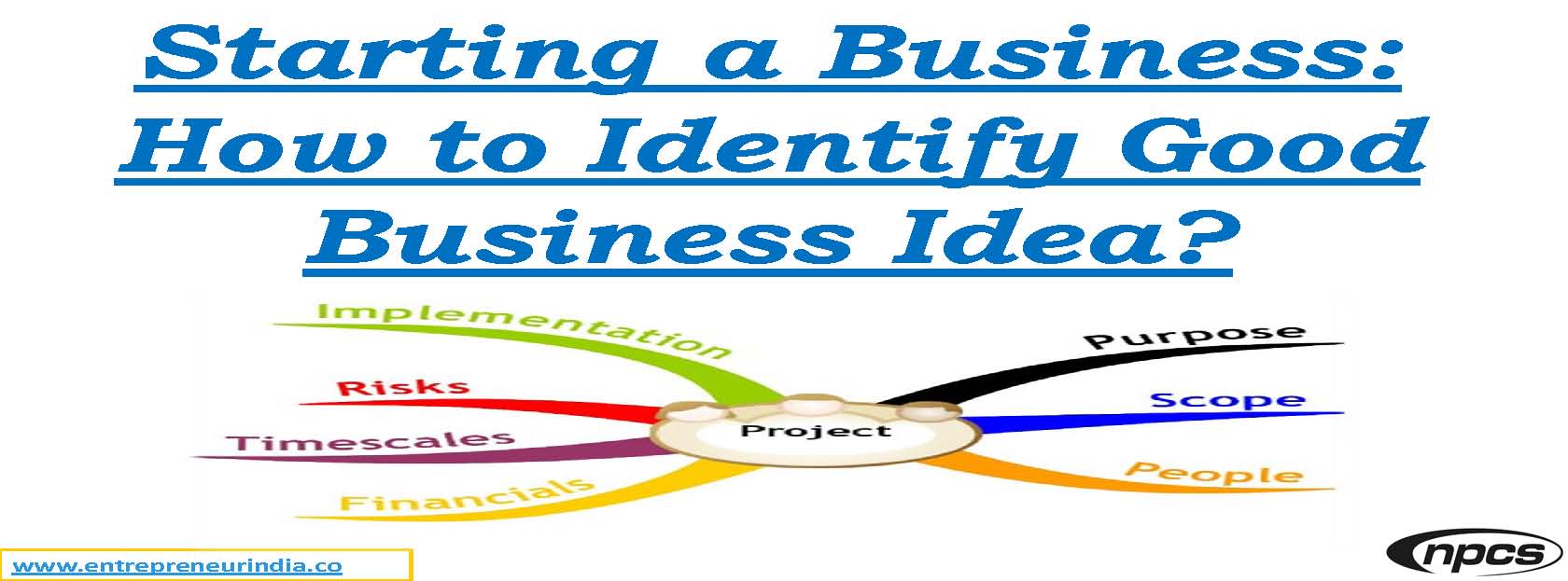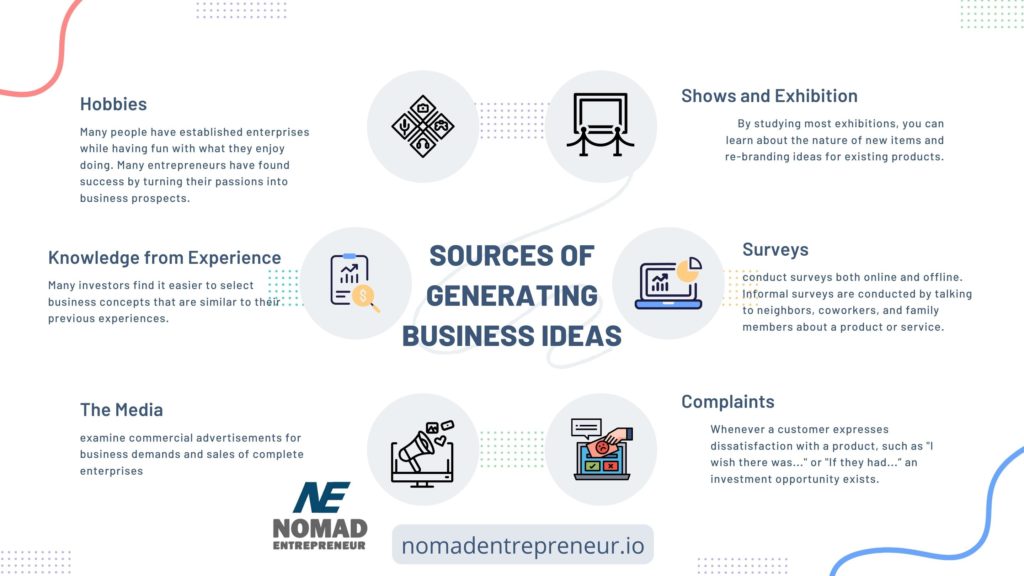How To Develop A Good Business Idea

In today's volatile economic landscape, the pursuit of a successful business venture is a siren song for many. Yet, the path to entrepreneurial triumph is paved with challenges, and the cornerstone of any thriving enterprise is a solid, well-conceived business idea. The difference between a fleeting fantasy and a sustainable success often lies in the rigor and method applied to the idea's conception and development.
This article delves into the critical process of cultivating a robust business idea, offering practical strategies and insights gleaned from experts and successful entrepreneurs. It will serve as a guide for aspiring business owners seeking to navigate the complexities of idea generation, validation, and refinement.
Identifying a Need or Solving a Problem
The foundation of any good business idea rests on identifying a genuine need or solving a prevalent problem. Peter Drucker, the renowned management consultant, famously stated that the purpose of a business is to create a customer. This begins by understanding unmet needs within a specific target market.
Start by observing your surroundings, both online and offline. Are there inefficiencies, frustrations, or gaps in the market that you can address? Market research, whether through surveys, focus groups, or simply observing consumer behavior, is crucial in this initial phase.
Consider exploring industries you are passionate about or possess expertise in. Your familiarity with the field can provide valuable insights into existing problems and potential solutions.
Brainstorming and Idea Generation Techniques
Once you have identified potential areas of opportunity, it's time to generate a multitude of ideas. This phase requires creativity and a willingness to think outside the box. Techniques like brainstorming, mind mapping, and the SCAMPER method (Substitute, Combine, Adapt, Modify, Put to other uses, Eliminate, Reverse) can be invaluable.
Don't be afraid to explore unconventional ideas. Sometimes, the most disruptive and successful businesses emerge from unexpected places. The key is to generate a wide range of possibilities before narrowing down the most promising ones.
Actively seek feedback from trusted friends, mentors, and potential customers. Their perspectives can help you identify blind spots and refine your ideas further.
Validating Your Idea
Generating ideas is only half the battle; the real test lies in validating their potential for success. This involves assessing the market demand, competition, and feasibility of your idea.
Conduct thorough market analysis to determine the size of your target market and its potential purchasing power. Tools like Google Trends and industry reports can provide valuable insights into market trends and consumer behavior.
Analyze your competition to understand their strengths, weaknesses, and market positioning. How will your offering be different and better? What is your unique selling proposition (USP)?
Consider creating a minimum viable product (MVP) – a basic version of your product or service that allows you to test your assumptions and gather feedback from early adopters. This iterative process can help you refine your offering and minimize the risk of failure.
Assessing Feasibility and Profitability
Beyond market demand, you must assess the feasibility of your business idea. This involves evaluating the resources required, the potential costs involved, and the potential for generating profit.
Develop a detailed business plan that outlines your business model, target market, marketing strategy, and financial projections. This document will serve as a roadmap for your business and can be crucial for securing funding from investors or lenders.
Consider the legal and regulatory requirements associated with your business. Ensure you comply with all applicable laws and regulations to avoid potential legal issues down the line.
Accurately assess your start-up costs and ongoing operating expenses. Develop realistic financial projections that demonstrate the potential for profitability and a return on investment.
Refining and Iterating
Developing a good business idea is not a one-time event but an ongoing process of refinement and iteration. Be prepared to adapt your idea based on feedback, market changes, and new information.
Continuously monitor your market and adapt your strategy accordingly. The business landscape is constantly evolving, and your ability to adapt and innovate will be crucial for long-term success.
Embrace failure as a learning opportunity. Not every idea will be a winner, but each attempt provides valuable insights that can help you refine your approach and improve your chances of success in the future.
In conclusion, developing a good business idea requires a combination of creativity, research, and a willingness to iterate. By focusing on identifying a need, validating your idea, and assessing its feasibility, you can significantly increase your chances of entrepreneurial success. Remember that innovation and adaptability are key to navigating the ever-changing business world.


















